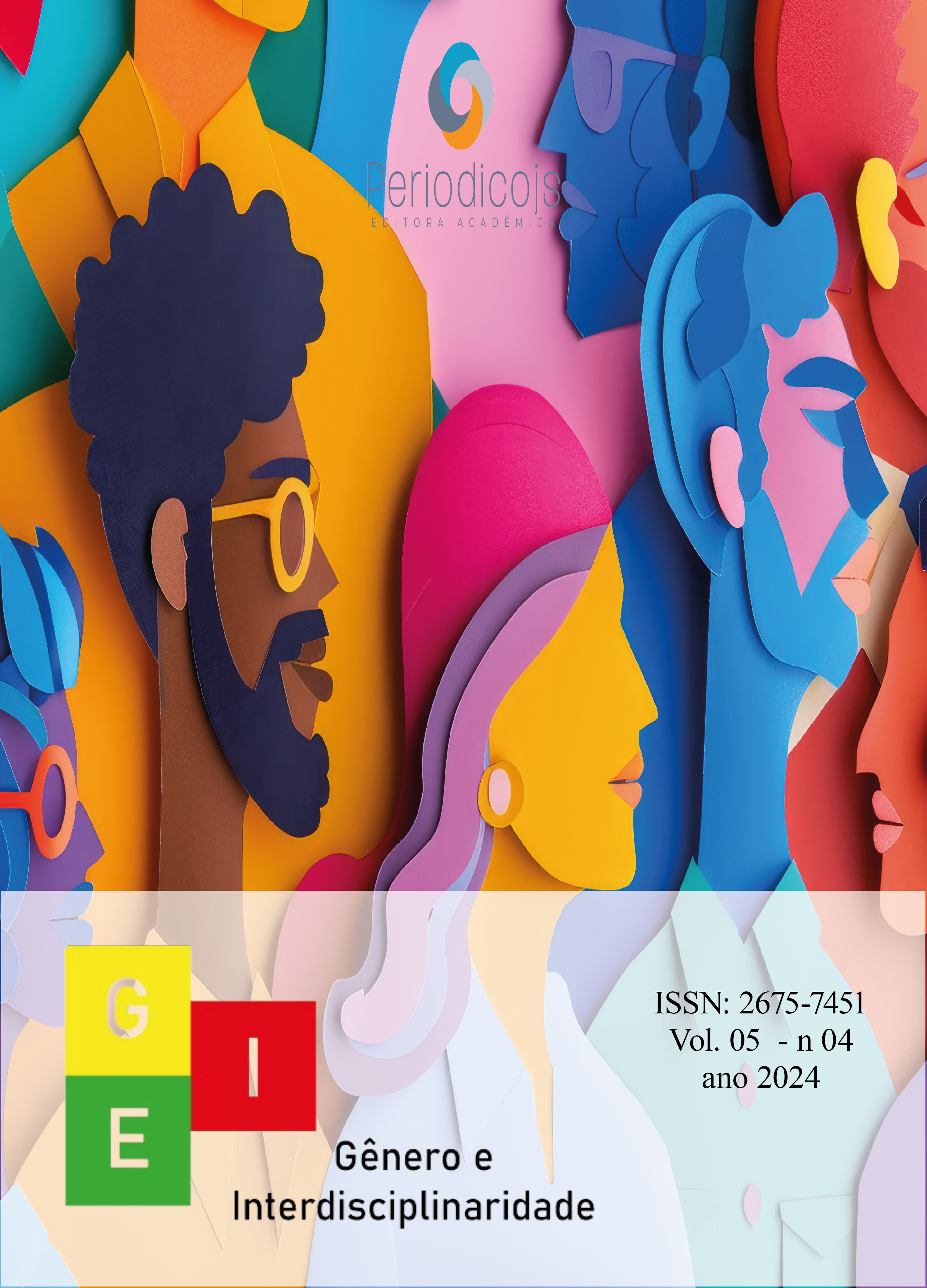Abstract
The study “Challenges in the acquisition of writing: an inclusive approach” aims to analyze the difficulties faced by students in the literacy process, focusing on writing, and proposing inclusive pedagogical practices. The research, conducted in collaboration with the Nepedhi Research Group, adopts a qualitative methodology, using data collection methods such as direct observations, writing hypotheses and diagnostic evaluations. The authors highlight the importance of didactic planning that meets the diversity of students, promoting activities such as reading, creative writing and family involvement. In addition, the study addresses the negative impact of COVID-19 pandemic on children's writing skills. The research aims to rethink the pedagogical doing to ensure the inclusion and development of writing capabilities, contributing to the formation of a more accessible and effective educational environment.
References
BRASIL. Secretaria de Educação Básica. Pacto Nacional pela Alfabetização na Idade Certa -Planejamento e organização da rotina na alfabetização:Ano 3: unidade 2—Brasília,SEB, 2012.
BRASIL. Base Nacional Comum Curricular - Educação é a Base. Brasília,MEC/CONSED/UNDIME, 2017. Disponível em:<http://basenacionalcomum.mec.gov.br/images/BNCC_publicacao.pdf>.
BRASIL. Ministério da Justiça. Coordenadoria Nacional para Integração da Pessoa Portadora de Deficiência – CORDE. Declaração de Salamanca e linha de ação sobre necessidades educativas especiais. Brasília, 1994. Disponível em: http://www.mec.gov.br/ Acesso: out.2023.
BRASIL. Ministério da Educação, Secretaria de Educação Especial. Educar na diversidade: material de formação docente. Brasília-DF, 2005. p.175-235.
CARVALHO, Rosita Edler. Removendo barreiras para a aprendizagem: Educação Inclusiva. Porto Alegre: Mediação, 2006. ulo: Contexto, 2017.
FURTADO, F. R; SANTOS, I.B. Saberes e práticas da inclusão. Brasília: MEC, SEESP,2004.
GIL, A.C. Como elaborar projetos de pesquisa. 4. ed. São Paulo: Atlas, 2007.
LEONTIEV. A.N. Uma contribuição à teoria do desenvolvimento da psiqui infantil.In VYGOSTSKY, L. S.; LURIA, A.R. ; LEONTIEV, A.N. Linguagem, desenvolvimento e aprendizagem. 8.ed. São Paulo: Ícone,2002, p.59-83.
NAKAYAMA, Antônio Maria. Educação inclusiva: princípios e representação. Tese (Doutorado) Universidade de São Paulo – Faculdade de Educação.364p. 2007.
SOARES, Magda; BATISTA, Antônio Augusto Gomes. Alfabetização e letramento: caderno do professor. Coleção Alfabetização e Letramento. Belo Horizonte: Ceale/FaE/UFMG, 2005. 64p
SOARES, M. Alfabetização: a questão dos métodos. São Paulo: Contexto, 2017.
SOARES, M. Alfaletrar. Toda criança pode aprender a ler e escrever. São Paulo: Contexto, 2020.
VIGOTSKY, L. A construção do pensamento e da linguagem tradução Paulo Bezerra. - São Paulo : M artins Fontes, 2000.
VIGOTSKII, L. S. Aprendizagem e desenvolvimento intelectual na idade escolar. In: ______;LURIA, A. R.; LEONTIEV, A. N. Linguagem, desenvolvimento e aprendizagem. Traduçãode Maria da Penha Villalobos. São Paulo: Ícone, Editora da Universidade de São Paulo, 1988, p. 103-117.
VYGOTSKY, Lev Semenovich. A formação social da mente. São Paulo: Martins Fontes, 1984.





